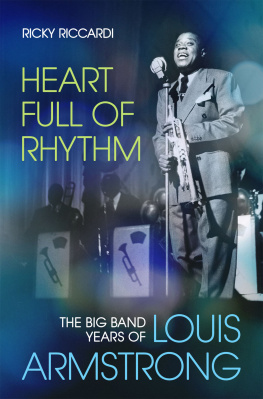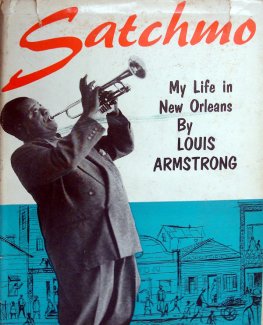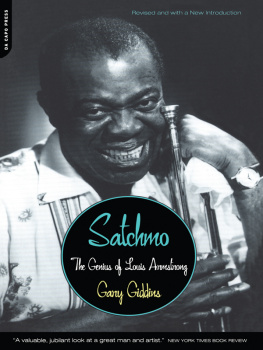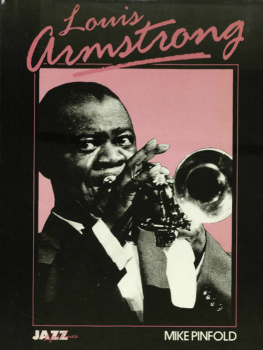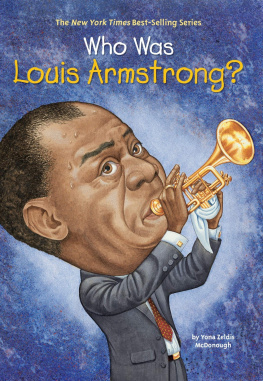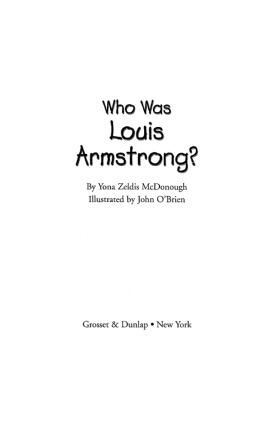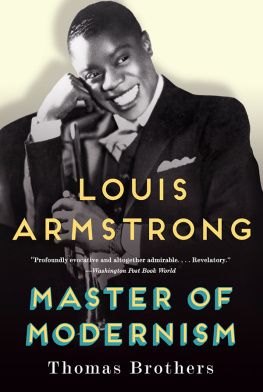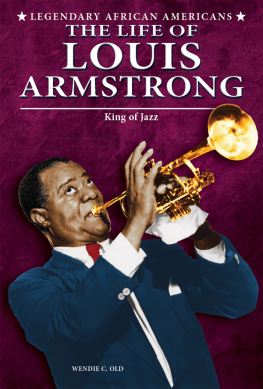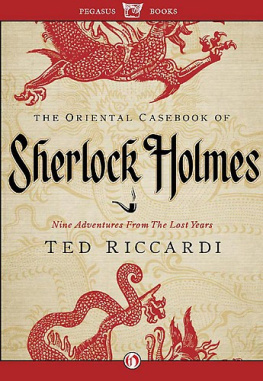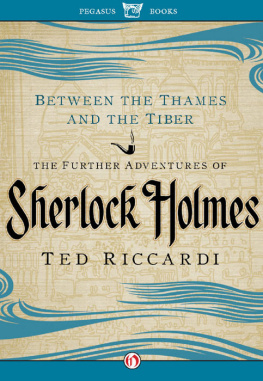Ricky Riccardi - Heart Full of Rhythm: The Big Band Years of Louis Armstrong
Here you can read online Ricky Riccardi - Heart Full of Rhythm: The Big Band Years of Louis Armstrong full text of the book (entire story) in english for free. Download pdf and epub, get meaning, cover and reviews about this ebook. year: 2020, publisher: Oxford University Press, genre: Non-fiction. Description of the work, (preface) as well as reviews are available. Best literature library LitArk.com created for fans of good reading and offers a wide selection of genres:
Romance novel
Science fiction
Adventure
Detective
Science
History
Home and family
Prose
Art
Politics
Computer
Non-fiction
Religion
Business
Children
Humor
Choose a favorite category and find really read worthwhile books. Enjoy immersion in the world of imagination, feel the emotions of the characters or learn something new for yourself, make an fascinating discovery.
- Book:Heart Full of Rhythm: The Big Band Years of Louis Armstrong
- Author:
- Publisher:Oxford University Press
- Genre:
- Year:2020
- Rating:5 / 5
- Favourites:Add to favourites
- Your mark:
- 100
- 1
- 2
- 3
- 4
- 5
Heart Full of Rhythm: The Big Band Years of Louis Armstrong: summary, description and annotation
We offer to read an annotation, description, summary or preface (depends on what the author of the book "Heart Full of Rhythm: The Big Band Years of Louis Armstrong" wrote himself). If you haven't found the necessary information about the book — write in the comments, we will try to find it.
Heart Full of Rhythm: The Big Band Years of Louis Armstrong — read online for free the complete book (whole text) full work
Below is the text of the book, divided by pages. System saving the place of the last page read, allows you to conveniently read the book "Heart Full of Rhythm: The Big Band Years of Louis Armstrong" online for free, without having to search again every time where you left off. Put a bookmark, and you can go to the page where you finished reading at any time.
Font size:
Interval:
Bookmark:

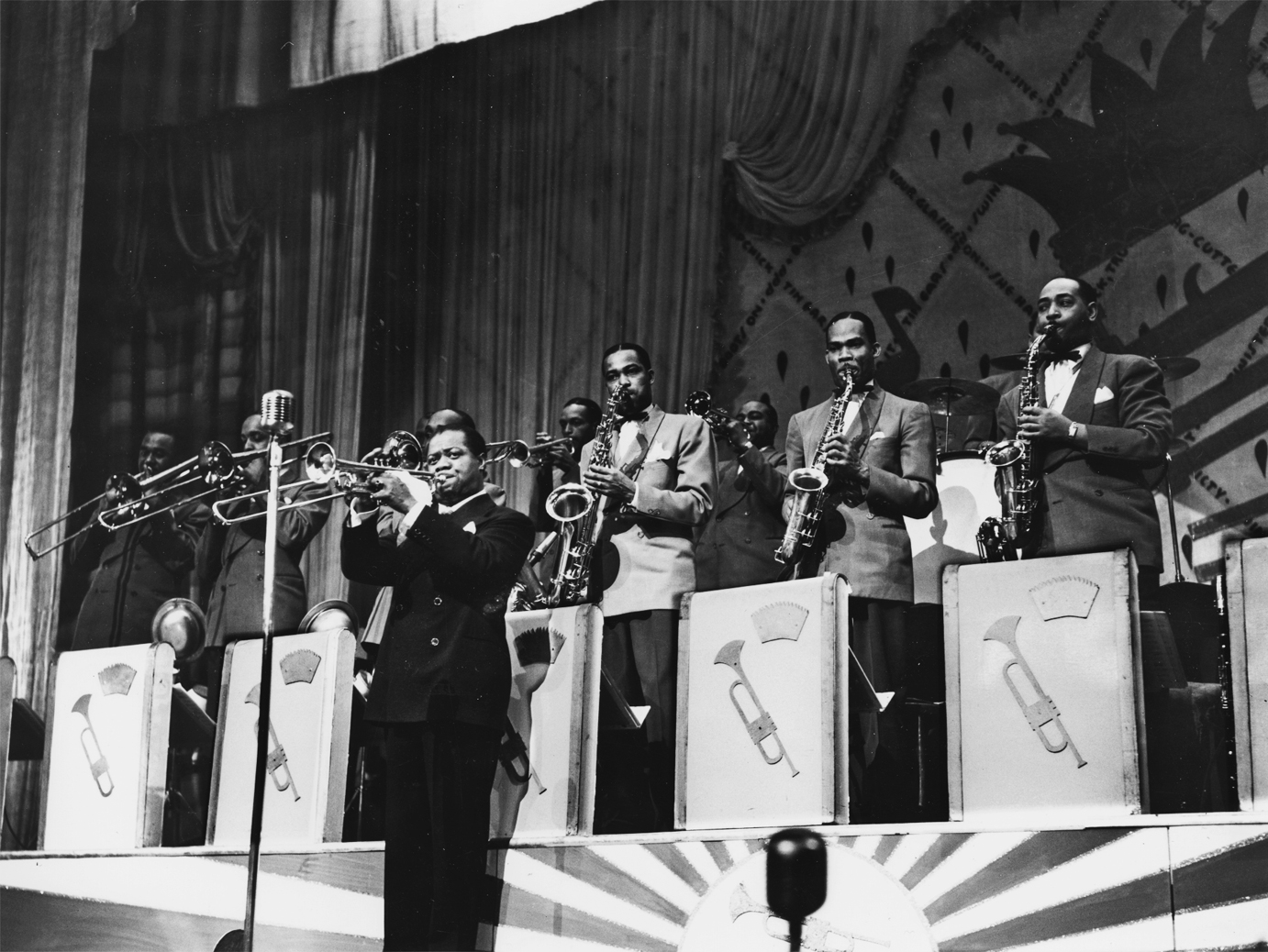
Armstrong solos in front of his big band at the Apollo Theater in February 1942.
Photo by Charles Peterson, Courtesy of Don Peterson

Oxford University Press is a department of the University of Oxford. It furthers the Universitys objective of excellence in research, scholarship, and education by publishing worldwide. Oxford is a registered trade mark of Oxford University Press in the UK and certain other countries.
Published in the United States of America by Oxford University Press
198 Madison Avenue, New York, NY 10016, United States of America.
Ricky Riccardi 2020
All rights reserved. No part of this publication may be reproduced, stored in a retrieval system, or transmitted, in any form or by any means, without the prior permission in writing of Oxford University Press, or as expressly permitted by law, by license, or under terms agreed with the appropriate reproduction rights organization. Inquiries concerning reproduction outside the scope of the above should be sent to the Rights Department, Oxford University Press, at the address above.
You must not circulate this work in any other form and you must impose this same condition on any acquirer.
Library of Congress Cataloging-in-Publication Data
Names: Riccardi, Ricky, 1980 author.
Title: Heart full of rhythm : the big band years of Louis Armstrong / Ricky Riccardi.
Description: New York : Oxford University Press, 2020. | Includes bibliographical references and index.
Identifiers: LCCN 2020008383 (print) | LCCN 2020008384 (ebook) |
ISBN 9780190914110 (hardback) | ISBN 9780190914134 (epub)
Subjects: LCSH: Armstrong, Louis, 19011971Criticism and interpretation. |
JazzNew York (State)New York19311940History and criticism. |
JazzNew York (State)New York19411950History and criticism. |
Apollo Theater (New York, N.Y. : 125th Street)
Classification: LCC ML419.A75 R46 2020 (print) | LCC ML419.A75 (ebook) |
DDC 781.65092 [B]dc23
LC record available at https://lccn.loc.gov/2020008383
LC ebook record available at https://lccn.loc.gov/2020008384
For my ladies: Margaret, Ella, Melody, and Lily.
You know how we survived? Through humor and manipulationsubterfuge. Most comedians were actually being themselves, reflecting that manipulation. They werent acting. Louis Armstrong was criticized for Tomming, for instance, but thats the way Pops was off the stage. He was the most entirely natural man I ever met in my life. What you saw onstage was him; he acted the same way in the joints after the show was over. Anyone who calls Pops a Tom has to be among the dumbest individuals alive. Its pathetic that people dont really understand that. I resent all the criticism of those comics, because the critics dont take into consideration the era in which they grew up.
Honi Coles, 1979
Man, it makes no difference to me who thinks Im God and who doesnt. All I want to do is blow my horn the way I think is best. I want a public, not a pedestal!
Louis Armstrong, 1941
The Apollo Theater in Harlem is synonymous with some of the greatest names in African American entertainment such as James Brown, Redd Foxx, Ray Charles, Billie Holiday, Michael Jacksonand Louis Armstrong.
Louis Armstrong? A man seemingly vilified by the black press and who lost his black fan base over the years because of his out-of-date stage persona? A hero at the Apollo? And in the black press? The way Armstrongs story is often told, this might be difficult to fathom but its all true.
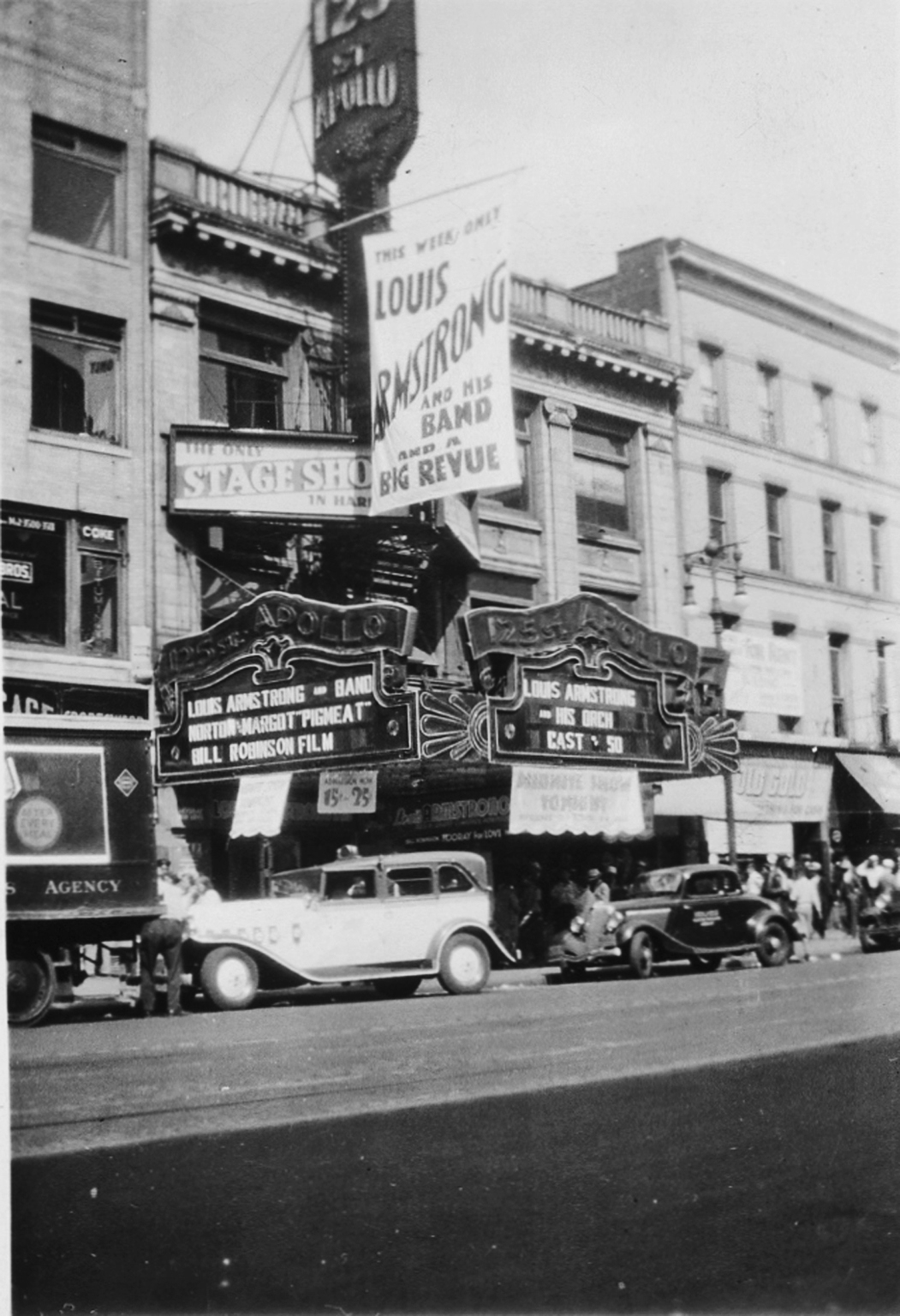
Figure P.1 The marquee for Louis Armstrongs debut at the Apollo Theater in Harlem in August 1935, the first of many such record-breaking engagements at the mecca of black entertainment.
Courtesy of the Louis Armstrong House Museum
Upon his return to the United States in January 1935 after 18 months in Europe, Armstrongs first stop was the brand-new Apollo. Lip troubles prevented him from playing that evening, but his appearance shook up the theater, causing management to put up a placard stating: Coming ShortlyLouis Armstrong.
On August 30, 1935, Armstrong finally graced the Apollo stage. There was much apprehension before his appearance. It was his first New York engagement in nearly two years. He hadnt recorded in America since April 1933. He spent much of the first half of 1935 physically unable to play his trumpet. What kind of shape would he be in? Could he still hit his famed high notes? Should he retire? The black press whipped itself into a frenzy in previewing his return to Harlem. Armstrong himself knew this was a defining moment and took a snapshot of the marquee, keeping it for his personal collection.
Harlem turned out in full force for the comeback, which brought in over $10,000 for the week, shattering the theaters box-office record. Armstrong opened with Aint Misbehavin, the song that had made him a star on Broadway, immediately proving that he was back and, in the words of Abel Green in Variety, better than ever.
The love affair with Armstrong at the Apollo was only just beginning and showed no signs of letting up in ensuing years. When he returned in March 1936, Armstrong not only broke his own box-office record but, according to the Pittsburgh Courier, special police reserves were called out to handle
Variety agreed when it reviewed Armstrongs 1940 Apollo run, writing, The showmanship is still there, however, in large doses, his gravel-throated vocals, etc., helping immensely. The impact of Armstrongs showmanship on the Apollo audience was most vividly captured by black writer Peter Suskind in the New Journal and Guide in 1942:
Louis takes a deep breath, shuts his eyes tight and everybodys tense and ready. The drama in the situation pleases the master. In fact, it tickles him pink. He suddenly relaxes completely, destroying the mood and throws himself, his horn and his white handkerchief about in utter abandon. He roars in pleasure and the sweat pours on his shirt. He alternately wipes his horn and his forehead. The audience, in the meantime, is hilarious. Louis shouts back and forth to those in front and to those in the wings. What he says is meaningless, but the manner in which he says it is priceless. All this, and the worlds greatest trumpeter has yet to blow a solo note.
When Armstrong finally picked up the trumpet, Suskind assumed the results would be anticlimactic. To the contrary, the wonder of it is that he is able to take them further and further up to a peak of hysteria and literally set them in the aisles, he wrote.
The pattern continued throughout the 1940s, even with the burgeoning sound of bebop and the explosive popularity of romantic singers like Frank Sinatra and Billy Eckstine. Armstrong played to a standing-room-only crowd in April 1945, Variety noting that Armstrong provided some of the heftiest applause fodder heard at this house in some time.
Two years later, changing winds in the band business and pressure from many in the jazz world led Armstrong to disband his orchestra and form a small group with a traditional trumpet-trombone-clarinet setup. It was the end of an era, an era that needed a proper send-off; only one venue was deemed appropriate. Indeed, it is rumored about that no stone was left unturned and many out-of-town dates were cancelled so that Armstrong and
Font size:
Interval:
Bookmark:
Similar books «Heart Full of Rhythm: The Big Band Years of Louis Armstrong»
Look at similar books to Heart Full of Rhythm: The Big Band Years of Louis Armstrong. We have selected literature similar in name and meaning in the hope of providing readers with more options to find new, interesting, not yet read works.
Discussion, reviews of the book Heart Full of Rhythm: The Big Band Years of Louis Armstrong and just readers' own opinions. Leave your comments, write what you think about the work, its meaning or the main characters. Specify what exactly you liked and what you didn't like, and why you think so.

